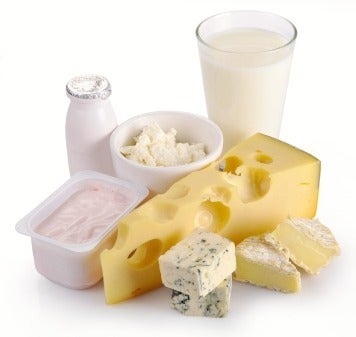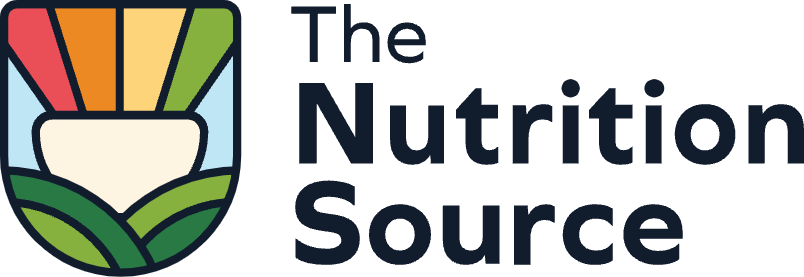 Until recently, when you visited the dairy aisle, chances are you headed straight for the blue carton of milk—the skim milk that is. But recent buzz about dairy fat may cause shoppers to pause in front of the oft-shunned red carton of whole milk or other full-fat dairy products, as research suggests that their relationship to heart health is more complex than was once believed. While most studies to date have focused on the association between dairy fat and cardiovascular risk factors, few have examined the relationship to actual onset of cardiovascular disease.
Until recently, when you visited the dairy aisle, chances are you headed straight for the blue carton of milk—the skim milk that is. But recent buzz about dairy fat may cause shoppers to pause in front of the oft-shunned red carton of whole milk or other full-fat dairy products, as research suggests that their relationship to heart health is more complex than was once believed. While most studies to date have focused on the association between dairy fat and cardiovascular risk factors, few have examined the relationship to actual onset of cardiovascular disease.
To address this gap in the literature, a new study by Harvard Chan School researchers published in The American Journal of Clinical Nutrition investigated the relationship between dairy fat intake and risk of cardiovascular diseases, such as heart disease and stroke. (1) Researchers followed more than 43,000 men from the Health Professionals Follow-Up Study, 87,000 women in the Nurses’ Health Study, and 90,000 women in the Nurses’ Healthy Study II to study the relationship between dairy fat and heart disease risk. The detailed information collected over several decades allowed the investigators to adjust for smoking, physical activity, and other factors known to influence the development of heart disease. For dairy lovers, the good news is that various foods including full-fat dairy milk, yogurt, butter, cheeses, and cream were not found to increase heart disease risk (compared to a background diet that typically contains high amounts of refined carbohydrates and sugars). However, it is important to note that these foods were not found to decrease risk either.
What did predict risk of cardiovascular disease was “fat swapping.” When dairy fat was replaced with the same number of calories from vegetable fat or polyunsaturated fat, the risk of cardiovascular disease dropped by 10% and 24%, respectively. Furthermore, replacing the same number of calories from dairy fat with healthful carbohydrates from whole grains was associated with a 28% lower risk of cardiovascular disease.
Replacing dairy fat with other types of animal fat, such as from red meat, predicted a modest 6% higher risk of cardiovascular disease.
“These results suggest that dairy fat is not an optimal type of fat in our diets. Although one can enjoy moderate amounts of full-fat dairy such as cheese, a healthy diet pattern tends to be plant-based and low in saturated fat,” said Frank Hu, senior author of the study. “These results strongly support existing recommendations to choose mainly unsaturated fats from vegetable oils, nuts, seeds, avocados, and some oily fish for a heart-healthy diet.”
In terms of specific dairy products, Hu does not recommend regular consumption of full-fat milk or eating a lot of cheese, which is often paired with processed meats and refined flour in the form of hamburgers and pizza. Instead, small amounts of cheese can be consumed as a snack with fruits or whole-grain crackers. Among the range of dairy products, yogurt appears to have more health benefits. A cup of plain yogurt with nuts or fresh fruit for flavor and texture makes for a satisfying breakfast or healthy snack.
Related
References
- Chen, M., et al. Dairy fat and risk of cardiovascular disease in 3 cohorts of US adults. Am J Clin Nutr. 2016 Aug 24. pii: ajcn134460. [Epub ahead of print].

